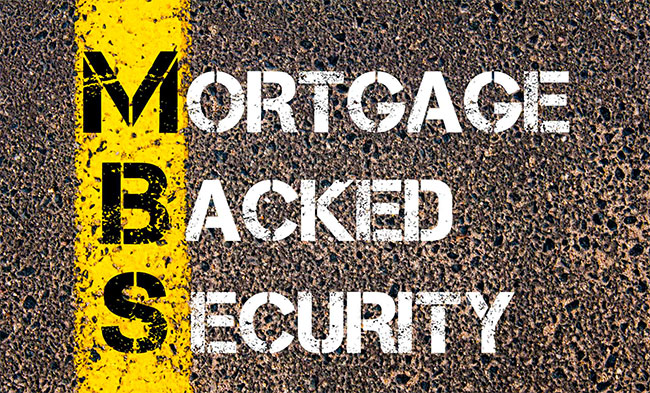The Difference Between the Debt and the Note: The $20 Trillion Gift to Securities Brokerage Firms on Wall Street

Why would anyone allow the forced sale of a home to satisfy a claim for that remedy if the claimant had no right to receive any compensation or restitution from the homeowner?
The only real claim by any claimant in foreclosures today is that they possess the information and have built an infrastructure around it. But none of them own any debt, note or mortgage. Restitution for an unpaid debt has been set aside as an invalid point or irrelevant.
The answer from the courts is that because consumers signed a note, they owe money and their house to the claimant regardless of any entitlement to receive any money. The absence of a lender, successor lender or owner of the debt or note is now irrelevant in most courts.
In a mortgage transaction, the debt is the amount of money that the borrower agrees to pay back to the lender. The note is the legally binding document that outlines the terms and conditions of the loan, including the amount of the debt, the interest rate, the repayment schedule, and any fees or charges associated with the loan.
























